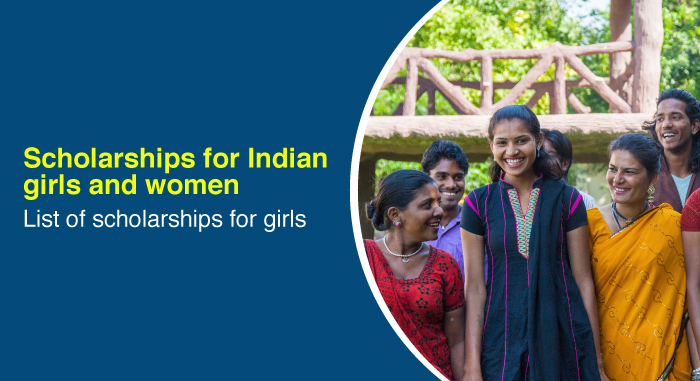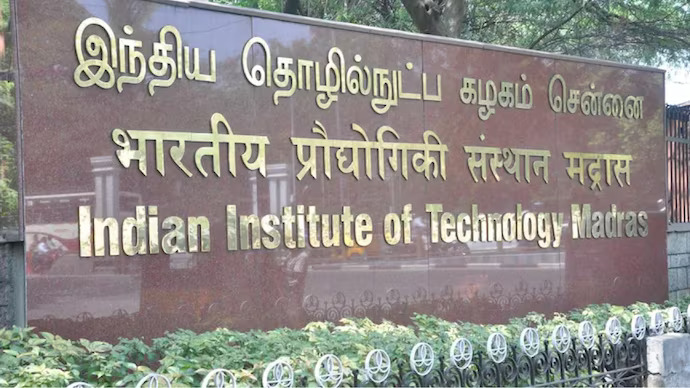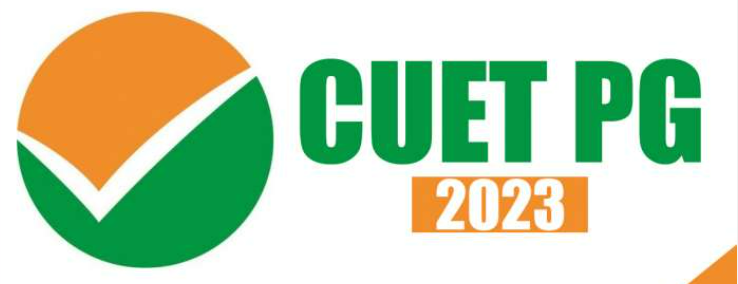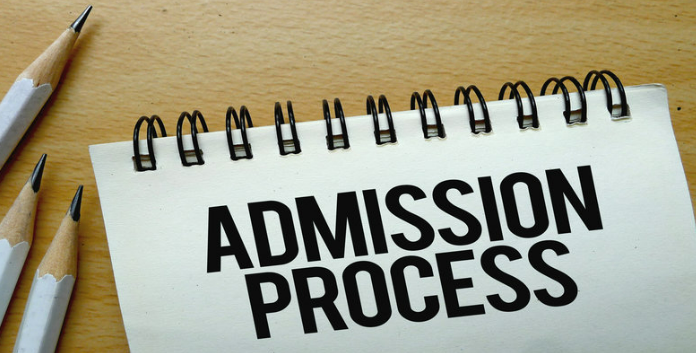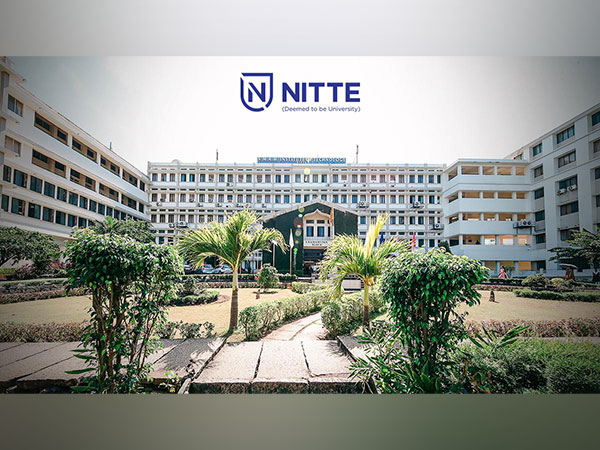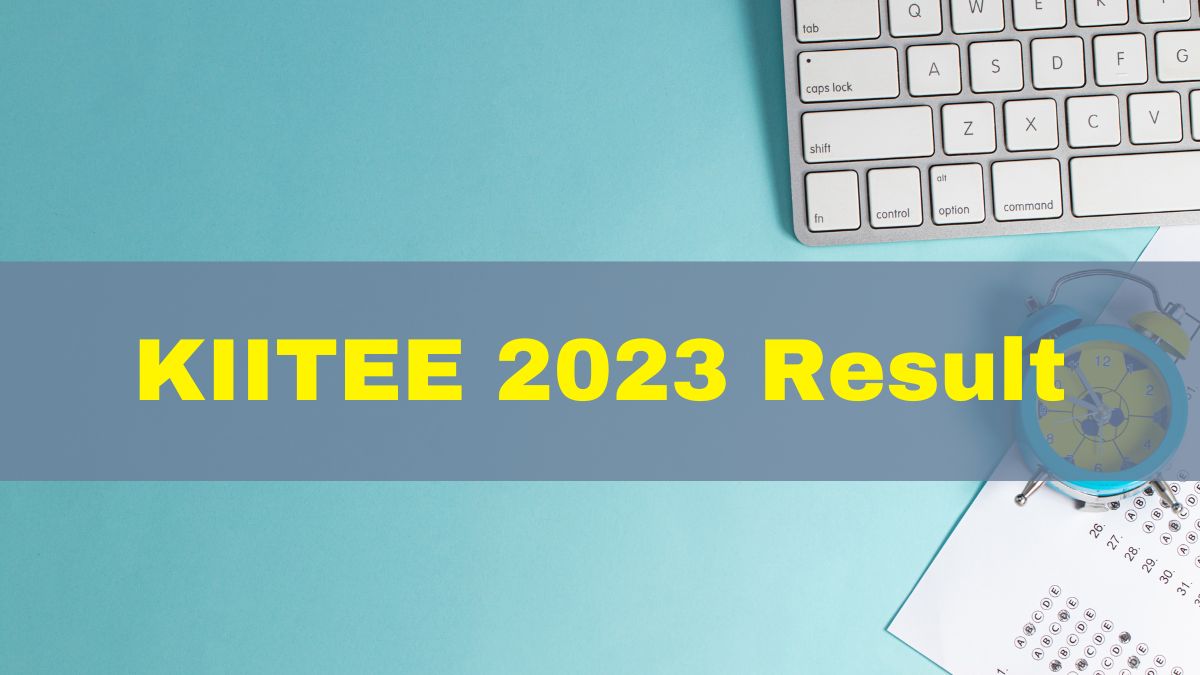COMEDK: Empowering Students for a Brighter Future in Karnataka
The “Consortium of Medical, Engineering and Dental Colleges of Karnataka” is known as COMEDK. It is an independent organization committed to offering applicants to prestigious educational institutions in Karnataka a fair, open, and non-exploitation examination process. Due to its long history and dedication to quality, COMEDK has become a model exam that is respected and valued by all government-appointed Admission Oversight Committees, including the Honourable Supreme Court.
Increasing the Educational Ecosystem’s Power
In order to organize the testing processes that demonstrate the merit of aspirant students in the domains of medical, engineering, and dental sciences, COMEDK was founded in 2004–2005. Senior academics and reputable administrative professionals with extensive experience in the educational ecosystem make up our consortium. In addition to supporting a centralized counseling procedure, COMEDK has successfully conducted annual entrance exams for undergraduate and postgraduate programmes in partner institutions over the years.
Karnataka’s Leading Quality Education Initiative
Karnataka is the most sought-after location for students seeking a top-notch education since it has been at the forefront of creating excellent professional higher education institutions. Serving 16 medical, 24 dental, and over 150 engineering colleges throughout the state, COMEDK takes pleasure in being a vital component of this educational environment. Students, parents, and educational authorities have shown us a great deal of respect and trust because of our dedication to upholding the best standards in education.
Process for Admission to Engineering Programmes
On Sunday, May 28, 2023, COMEDK administered an online test at 400 locations across India for the academic year 2023–2024. A total of 20,000 places in roughly 190 engineering colleges affiliated with KUPECA (Karnataka Unaided Private Engineering Colleges Association) are up for grabs in this exam, which is especially for engineering programmes. After the test, there is an online counseling session to ensure merit-based admissions.
Eligibility Criteria for UG Engineering Courses
To be eligible for UG Engineering courses, candidates must fulfill the following criteria:
a) Qualifying Examinations:
Candidates must have completed a second PUC or 10+2 Higher Secondary or an equivalent examination recognized by the State/Central Government. The last two years of study should comprise Physics, Chemistry, and Mathematics, with English as a compulsory subject.
b) General Merit:
Candidates belonging to the General Merit category must have passed with a minimum aggregate of 45% marks in Physics, Chemistry, and Mathematics (40% for SC, ST, and OBC candidates of Karnataka State).
Additionally, they must have passed each of these subjects individually. Physics and Mathematics are compulsory subjects, along with Chemistry or Biotechnology or Biology or Computer Science or Electronics as one of the optional subjects. Please note that any changes in eligibility criteria set by the AICTE/VTU will be adopted.
c) COMEDK Entrance Test:
Candidates attempting the COMEDK Entrance Test for Engineering courses will be considered for the rank list.
d) Lateral Entry Admissions:
Diploma candidates are not eligible to take the Entrance Test, as there are no lateral entry admissions available.
Note: During counseling, candidates must submit the original marks card of the examination to prove their eligibility as evidenced by the original marks card.
Process for Admission to Architecture Programmes
The following requirements apply to candidates interested in pursuing courses in architecture:
- Those must have completed their second PUC or 10+2 and passed the test with at least a 50% overall score in Physics, Chemistry, and Mathematics (45% for those who identify as SC, ST, or OBC in Karnataka). Alternately, those with at least 50% overall marks (45% for SC, ST, and OBC candidates of Karnataka) and a 10+3 Diploma with Mathematics as a required subject are also eligible
- All applicants for admission to the B.Arch. programmes from Karnataka, including SC, ST, and OBC candidates, must pass the National Aptitude Test in Architecture (NATA), which is administered by the Council of Architecture.
The candidate must receive at least the qualifying marks overall and in each of the two individual components in order to be qualified for NATA. To qualify for admission, candidates must also pass the NATA exam and have completed any other architecture aptitude test administered by outside agencies. Only NATA scores and qualifying exam results will be taken into account for creating the merit list.
- No COMEDK Entrance Test: COMEDK will not administer an Entrance Test to applicants for B.Arch. courses.
- Separate Application for Counseling: According to the notification posted on the COMEDK website, candidates interested in architecture courses must submit a separate application form for counseling.
Test Format and Exam Information
Three subjects will be covered on the COMEDK UGET (Undergraduate Entrance Test) for engineering courses: physics, chemistry, and mathematics.
| SUBJECTS | PCM(B.E) |
|---|---|
| Physics | 60 MCQ |
| Chemistry | 60 MCQ |
| Mathematics | 60 MCQ |
| Total | 180 Questions |
- Medium of Examination will be ENGLISH Only
- Each correct answer will be awarded 1 mark
- There will be no negative marking for wrong answers
- However, in the event of a tie in the test score the principle of least negative responses (Number of wrong answers) will be adopted. In addition, if required, other methods may be adopted to break ties.
- Total Marks would be 180
Fee Structure and Application Process
| Stream | FEES (IN RS.) | |
| COMEDK UGET | BOTH COMEDK AND UNIGAUGE | |
| PCM | Rs 1800+ * Convenience charge/fee as applicable | Rs 2950+ *Convenience charge/fee as applicable |
Candidates can visit the COMEDK website for detailed information regarding the application process and fee payment




















